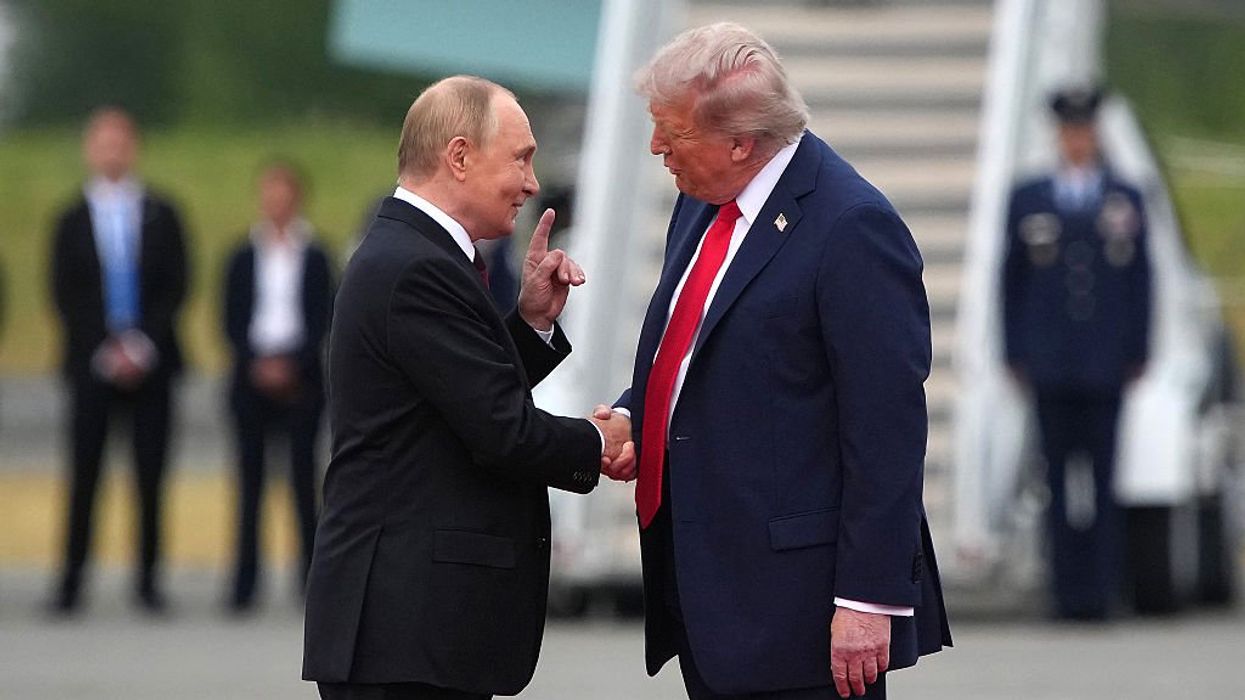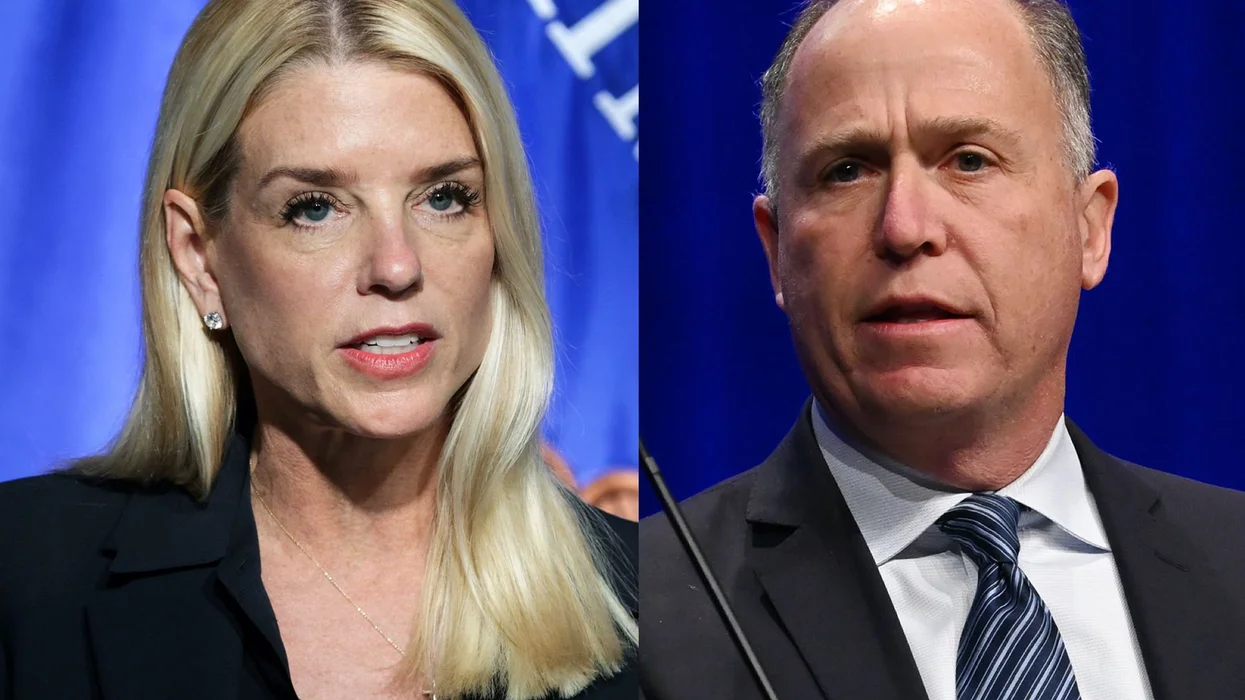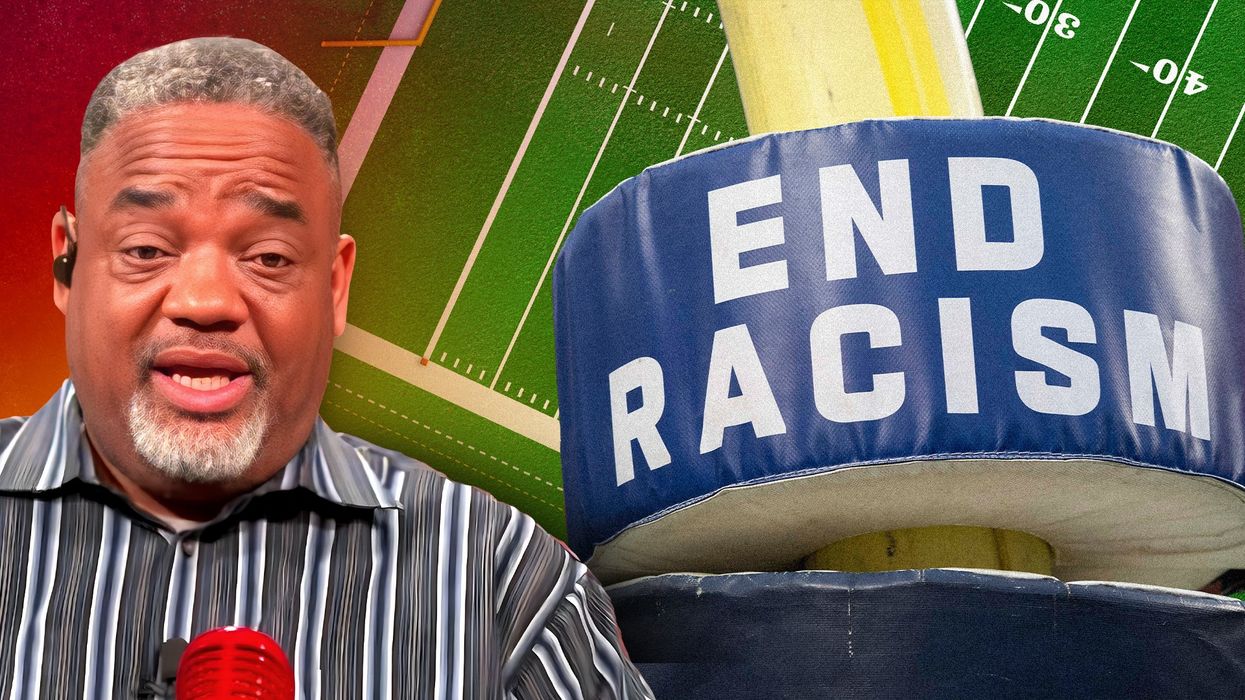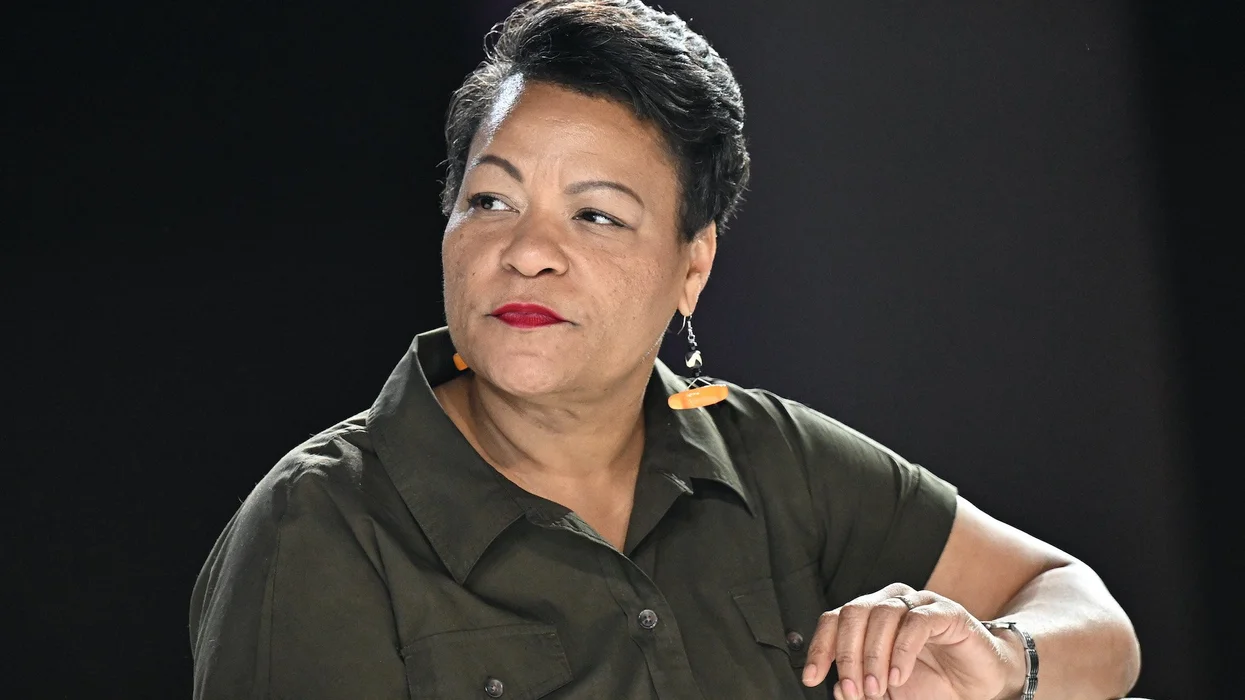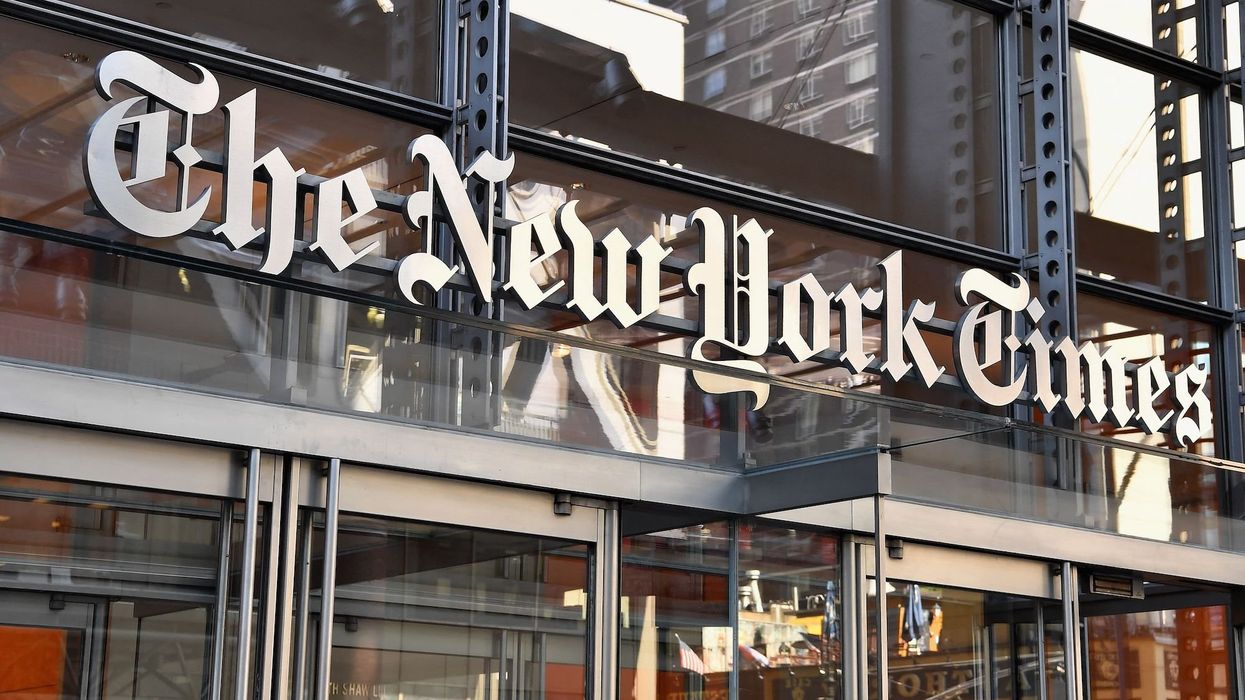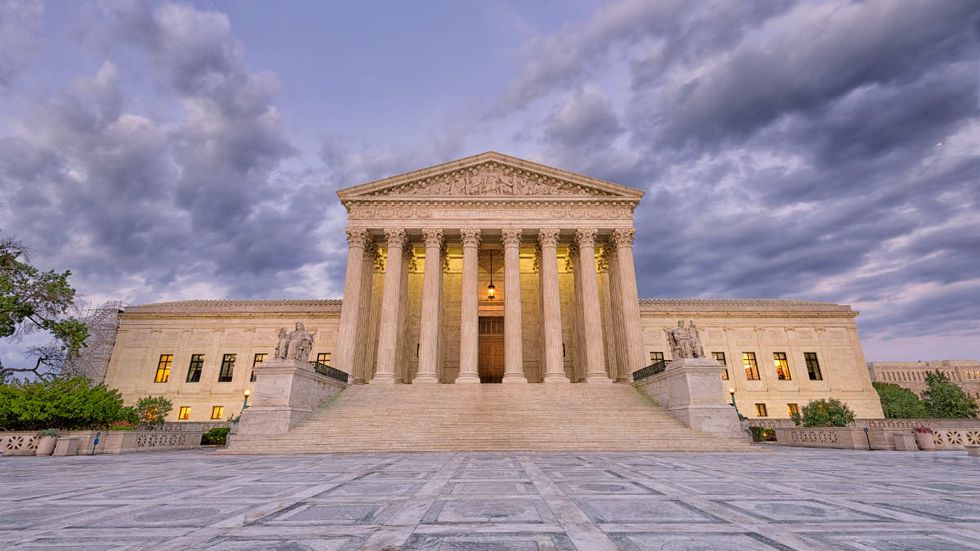
© 2025 Blaze Media LLC. All rights reserved.
Editor's note: These questions were originally written when Neil Gorsuch was nominated to the Supreme Court. They are just as vital today with a new opening on the court.
If conservatives really want an originalist on some of the most consequential issues of our time, it is important to ask nominees to the court questions about the role of the courts in constitutional interpretation compared to other branches of the government. If we could sit down for an hour hour of time with any high court nominee, here are the 15 questions and issues we would discuss.
Constitutional interpretation
1. Does the Supreme Court create “settled law?” Is it the final arbiter?
What the Founders envisioned as the weakest branch of government has now become a place where political discourse goes to die. Scalia pointed out as much in the Obergefell decision months before his death.
Is Obergefell truly “settled law?” Is any watershed ruling? Or was the concept of judicial supremacy something contrived in the 20th century that has since been used to pull issues out of public debate and put them squarely in the control of the legal profession?
Under prevailing legal thought, the precedent of judicial review that was gleaned from Marbury grants federal judges the right and responsibility to review the constitutionality of laws in addition to interpreting the application of statutes. Does that mean the courts are the sole and final arbiter of all questions of constitutional interpretation, binding on all 50 states and the other two branches of the federal government (Cooper v. Aaron (1958))? Or does it merely give judges a concurrent say in constitutional interpretation for the purposes of resolving specific controversies before it that don’t have bearings on broad political and social questions?
If the latter, doesn’t that mean in the same way judges swear an oath to uphold the Constitution as they understand it when it intersects with their powers, the legislative and executive branches have the right — and per John Marshall, even the responsibility — to interpret the Constitution as they understand it when it intersects with legislative or executive power? If a judge — a member of the weakest branch of government, which was to have “neither force nor will” — must decide cases in accordance with his oath to the Constitution, doesn’t Marshall’s argument dictate that the stronger branches and even the states must not follow patently unconstitutional court decisions when exercising their own powers?
2. Does the concept of stare decisis violate the judicial oath of office? Do you support the prevailing doctrine of treating erroneous landmark decisions as settled law when they manifestly violate the Constitution or its amendments as originally adopted?
The source of the contemporary belief that the federal courts are the law of the land is Marbury vs. Madison, wherein John Marshall said that for judges not to block implementation of unconstitutional laws would violate their oath of office. If the oath to the Constitution forces a judge to strike down a law duly passed by Congress and signed by the president (or passed by a state legislature and signed by a governor), isn’t it obvious that such an oath requires judges to overturn decisions of prior courts that unconstitutionally create law that never passed any elected branch?
3. Does Congress have full power over the jurisdiction of lower courts and the appellate jurisdiction of the Supreme Court?
Until recently, it was considered settled law that Congress, pursuant to Art. III Sec. 2, has full authority over the subject-matter jurisdiction of the lower courts and plenary power over the appellate jurisdiction of the Supreme Court. Do you believe there are any limitations on that power? Would you respect any limitations Congress places on the jurisdiction of the federal judiciary and be willing to overturn any lower court that violates Congress’ power?
4. Is the Supremacy Clause binding states to the supreme law of the land referring to the Constitution as it was originally adopted or to Supreme Court decisions?
Do you think rulings at the Supreme Court are better thought of as “law,” as that term is contemplated by Article VI’s Supremacy Clause, or are they better thought of as ad hoc judgments that merely lend persuasive authority to broader constitutional/political principles? What is the meaning of “Supreme” in Art. III, where “Supreme Court” is defined? Does it merely refer to a power to reverse lower court judgments, and nothing more?
5. Do you feel it is an obligation of the Supreme Court to grant certiorari or a stay for appellants when a lower court decision or injunction is built upon a prima facie “living and breathing Constitution” doctrine?
We are seeing a slew of lower courts blocking very consequential federal, state, or local laws and practices that are clearly built upon a desire to take sides in a controversial political question.
Religion in the public square
6. Do you believe that the Establishment Clause merely prevents the federal government from choosing an official state religious denomination and coercing individuals by force of official penalties “to worship God in any manner contrary to their conscience,” as Madison said?
As such, shouldn’t any case where a government entity or school merely exercises religious expressions and displays symbols without penalty of punishment to those with differing views be completely irrelevant to this clause?
Moreover, does the Establishment Clause apply to individual states? Do you agree with Justice Clarence Thomas that “applying the Clause against the States eliminates their right to establish a religion free from federal interference, thereby 'prohibit[ing] exactly what the Establishment Clause protected'”? (Town of Greece v. Galloway (Thomas, J., partial concurrence)).
Immigration
7. Do you believe there are any exceptions to the plenary power doctrine?
Since our founding until the modern era, the courts have upheld the plenary power doctrine that Congress — acting on behalf of the citizenry and national sovereignty — has the power to exclude or deport any foreign national or groups of immigrants for any reason. The courts, in what has been considered one of the most settled areas of law, declared that there is no affirmative right to judicial review to keep a foreign national in the country against the national will. Further, they have ruled that the process established by Congress through statute to deport an alien is due process. In recent years, however, the modern legal profession has chipped away at national sovereignty.
#mc_embed_signup{background:#fff; clear:left; font:14px}
/* Add your own MailChimp form style overrides in your site stylesheet or in this style block.
We recommend moving this block and the preceding CSS link to the HEAD of your HTML file. */
8. Do you believe Plyler v. Doe, which forced states to provide education benefits to illegal aliens, was erroneously decided?
Do you agree with Scalia’s dissent in Arizona v. United States (2012) that states have full power to echo, complement, and even expand upon federal restrictions against illegal aliens so long as such action is not explicitly prohibited by Congress? Do you agree with Scalia’s assertion that “the naturalization power was given to Congress not to abrogate States’ power to exclude those they did not want, but to vindicate it”?
9. Do you agree with the modern legal theory that illegals have rights to citizenship for their children and other sundry rights to remain in the country?
Do you agree with contemporary activist legal theory that the Fourteenth Amendment requires Congress to count illegal aliens in the Census?
How should the Citizenship Clause of the Fourteenth Amendment be understood? Does it extend an automatic and unqualified birthright citizenship to those who come here or remain here against the national will, even though settled case law considers illegal aliens to be standing outside our border?[1]
Does the government have the right to detain illegals or criminal aliens with the full intent to deport them when their home countries aren’t cooperating? Do you believe Zadvydas was wrongly decided?
Given that sanctuary cities, unlike states like Arizona that complement federal law, defy an enumerated power of Congress, does Congress have the authority to cut off funding to those cities?
Fourteenth Amendment
10. What does the Fourteenth Amendment really do?
The Fourteenth Amendment was originally written with the intent of undoing the legal atrocities of chattel slavery and restoring inalienable rights to free slaves. Since then, its provisions have been used as a blanket justification to codify a never-ending list of privileges into the body of constitutional case law. This modern understanding of the amendment has not only been used to create “rights” to abortion and same-sex marriage, but has also been used by leftist judges to manufacture “rights” to early voting, transgender bathrooms, and a host of other issues, as well as new rights for illegal aliens.
This has, in turn, created a legal regime in which the imaginary rights begin to devour the fundamental rights that are actually referenced in the Constitution. This has been the case for rights of conscience in the face of “rights” like abortion and same-sex marriage under the Obama administration.
Do you believe as the crafters of the Fourteenth Amendment did that the Equal Protection and Due Process clauses were “establishing no new right, declaring no new principle,” but rather to reiterate and “to protect and enforce those which belong to every citizen”?[2]
11. When Title VII of the Civil Rights Act of 1964 and Title IX of the Education Amendments Act of 1972 prohibit discrimination based on sex, does that include what is now referred to as “gender identity” and “sexual orientation?” Or does it mean “sex” as was understood when the law was passed?
Multiple federal circuits have already weighed in on the issue, declaring that what was meant as “sex” decades ago can now be interpreted to force transgender policies on the American people without consent as “settled law.”
12. Do you believe any form of disparate impact — looking solely at unequal outcomes between racial groups — has any place in our discrimination laws?
Was Griggs v. Duke Power Co. wrongly decided when the court allowed plaintiffs to bring disparate impact claims under Title VII of the Civil Rights Act, as Justice Thomas has suggested? If that is believed to be stare decisis, where do we draw the line? Does Section Two of the Voting Rights Act allow anyone to sue a state for a discrimination violation based on nothing more than a showing of disparate racial impact? Disparate impact reasoning has been a problem on a host of cases that should never have had anything to do with race. Progressivists often rule that, because the impact of a law affects one racial group disproportionately, a law can be racist regardless of its intent or language.
13. What is your view of “substantive due process?”
Do you believe the 20th century invention whereby judges manufacture rights under the Fourteenth Amendment is “settled law?” Or is it “a legal fiction, an “oxymoron,” as Scalia has suggested? Are those words in the Constitution “only applicable to the process and proceedings of the courts of justice,” as Alexander Hamilton observed? Put simply, does the Supreme Court have the power to create rights, as it has done with privacy, abortion, contraception, and gay marriage, among others?
Voting rights and voter integrity
14. Who decides voting qualifications? Do states have final say over redistricting, or should the courts step in to act as final arbiters?
There is a growing trend in the federal judiciary to become the final arbiter of political disputes between the two major parties over redistricting. The Left is using the fact that most black people vote Democrat to hand Democrats an unfair political advantage in redistricting by codifying their maps into the Fourteenth Amendment. Given that states have plenary power over redistricting unless Congress pre-empts them, how can federal courts become the final arbiter of which political party should win? They are even overturning state legislative maps in their entirety. Do you agree with Clarence Thomas that the federal judiciary should have no role in determining the lines of state legislative districts? (Evenwel v. Abbott (2016))
15. What rights do courts have to interfere in voter ID policies?
Another trend in the federal courts is to overturn state voter integrity laws and mandate the methods, times, and procedures of state and federal elections. Evidently, according to some lower courts, there is a constitutional right to 20 days for early voting, ballot harvesting, an unlimited number of polling places in urban areas, same-day registration, an option for straight-ticket voting, non-citizen voting, voting without photo ID, dead voters remaining on the voter rolls, and the ability of one political party to maximize its electoral advantage through black voters. Do you believe there is any basis for interventions from the federal courts absent a clear mandate from statute, given that states were supposed to control election law and all these cases can be heard in state court?
[1] United States v. Ju Toy, 198 U. S. 263 (1905). [“The petitioner, although physically within our boundaries, is to be regarded as if he had been stopped at the limit of our jurisdiction, and kept there while his right to enter was under debate.”]
[2] James F. Wilson, March 1, 1866. Cong. Globe, 39th Cong., 2d Sess. 39 (1866) 1117. Wilson was Chairman of the House Judiciary Committee who oversaw the drafting of the Civil Rights Act of 1866 and the Fourteenth Amendment.
Want to leave a tip?
We answer to you. Help keep our content free of advertisers and big tech censorship by leaving a tip today.
Want to join the conversation?
Already a subscriber?
Blaze Podcast Host
Daniel Horowitz is the host of “Conservative Review with Daniel Horowitz” and a senior editor for Blaze News.
RMConservative
Daniel Horowitz
Blaze Podcast Host
Daniel Horowitz is the host of “Conservative Review with Daniel Horowitz” and a senior editor for Blaze News.
@RMConservative →more stories
Sign up for the Blaze newsletter
By signing up, you agree to our Privacy Policy and Terms of Use, and agree to receive content that may sometimes include advertisements. You may opt out at any time.
Related Content
© 2025 Blaze Media LLC. All rights reserved.
Get the stories that matter most delivered directly to your inbox.
By signing up, you agree to our Privacy Policy and Terms of Use, and agree to receive content that may sometimes include advertisements. You may opt out at any time.


